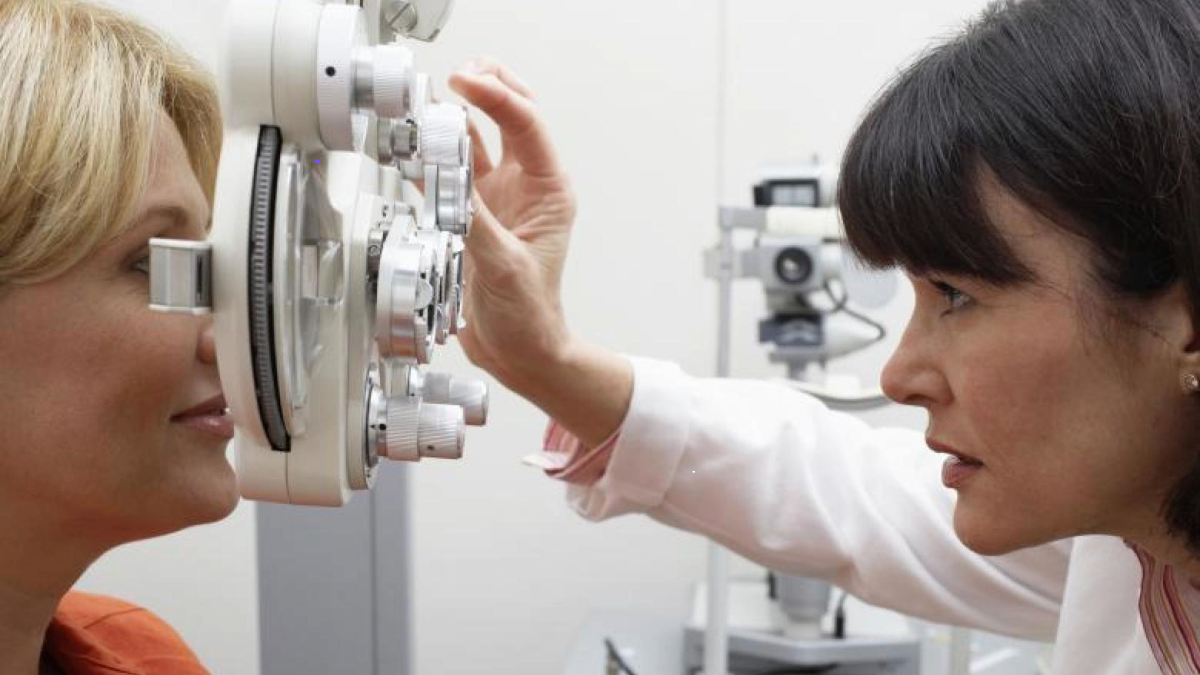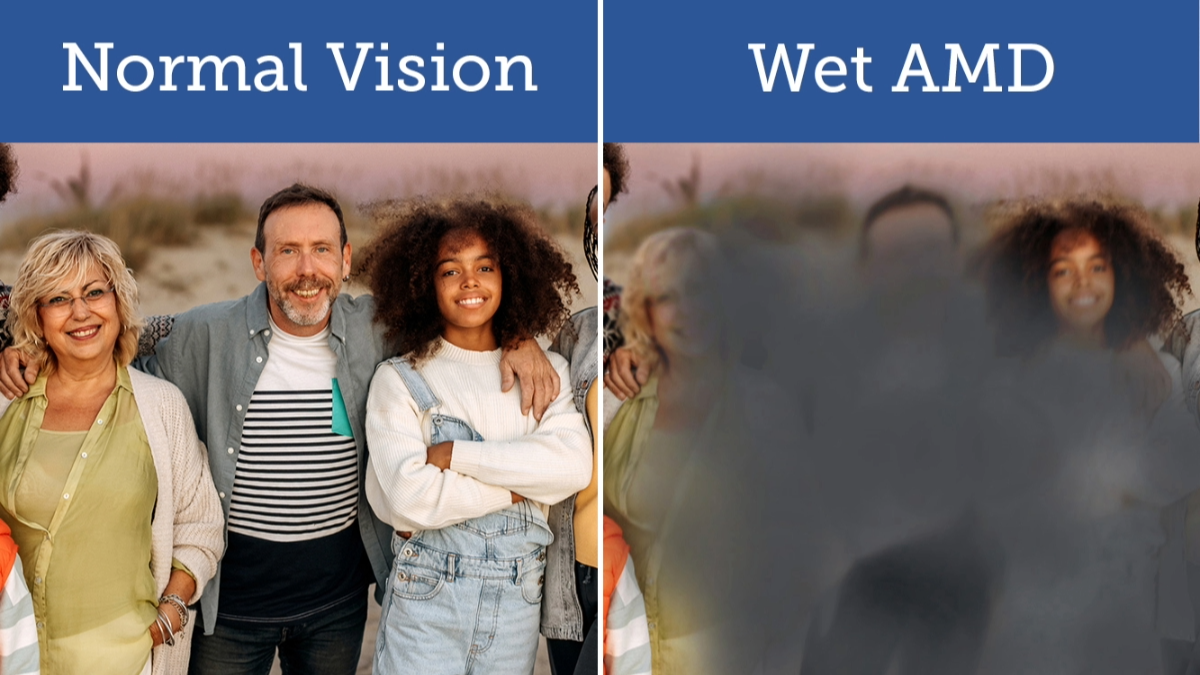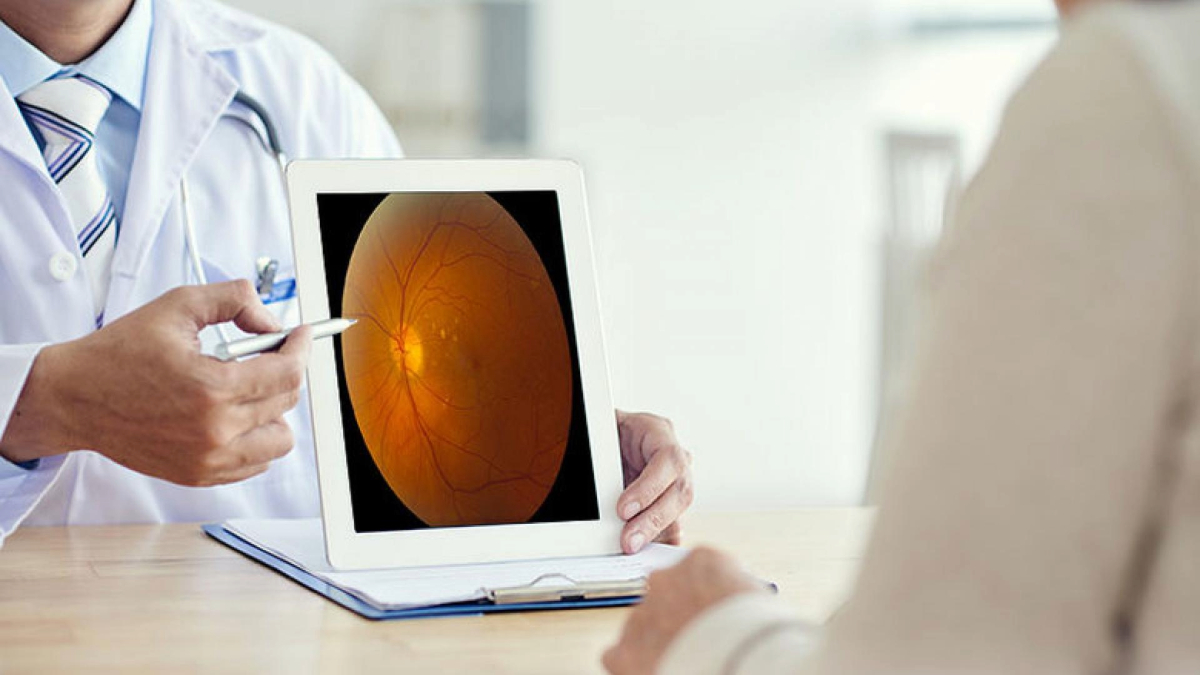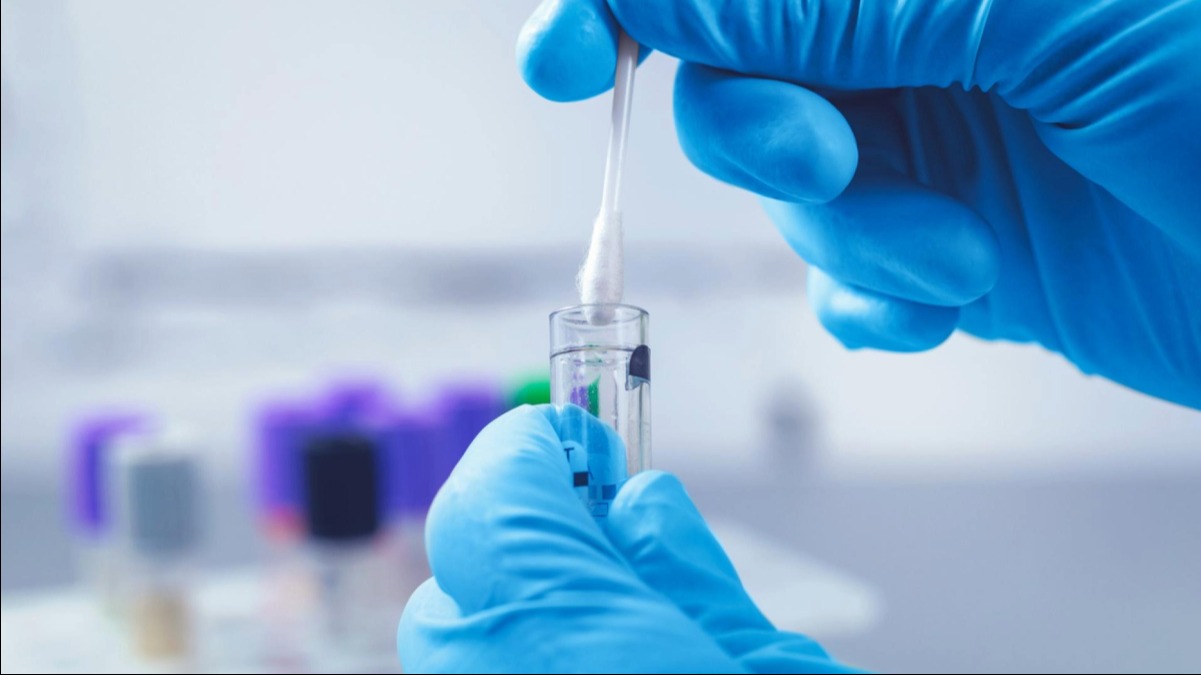Macular Degeneration Prevention and Risk Reduction
Since macular degeneration is a leading cause of vision loss in Americans 60 years of age and older, it’s important to take steps that may prevent this eye disease. Certain measures have been shown in large clinical trials to decrease the risk of AMD.

Macular Degeneration Risks
Medical experts are not sure exactly what causes age-related macular degeneration (AMD), but some actions may help protect your vision, improve your overall health, and some may lower the risk of developing AMD.
A few suggestions to help protect your eye health (even if you already have AMD) include maintaining a healthy weight, eating a nutritious diet, abstaining from smoking, and getting regular eye exams.
Age
The number-one risk factor is age. AMD is a leading cause of vision loss in Americans 60 years of age and older. One-third of adults over 75 are affected by AMD.
Smoking
Smoking increases a person’s chances of developing AMD by two to five fold. Because the retina has a high oxygen consumption rate, anything that affects oxygen delivery to the retina may affect vision.
Family History of AMD
A person is more likely to develop AMD if someone in his or her immediate family has had it.
Obesity
A person with a BMI (body mass index) greater than 30 is 2.5 times more likely to develop the disease than a person with a lower BMI.
Prolonged Sun Exposure
Although the evidence is inconclusive, some studies suggest an association between AMD and cumulative eye damage from ultraviolet (UV) and other light.
High-Fat Diets
People with diets that are elevated in fat, cholesterol, and high glycemic index foods, and low in antioxidants and green leafy vegetables may be more likely to develop AMD.
Eye Color
People with light-colored eyes are more likely to develop the dry type of AMD. This factor may be because light-pigmented eyes offer less protection from damaging UV light.

Who Is More at Risk for AMD?
Macular degeneration typically affects people over 50. Although macular degeneration has a strong genetic component, its development is mostly due to a combination of factors, including gene mutations or variations and environmental factors such as diet, smoking, and exercise. Additional groups may be more at risk:
Women are more likely to develop macular degeneration.
This may be because women live longer than men and thus have more time to develop the disease.
White people are more likely to develop the disease than other races.
This factor may be related to differences in genetic background or pigmentation.
Those with a family history of AMD.
People with an affected parent have approximately twice the risk of getting the disease than someone whose parents do not have macular degeneration.
Genetic Risks Associated With Macular Degeneration
Scientific evidence shows that genes may play a role in the development of nearly three out of four cases of AMD.
The two genes with the strongest influence on macular degeneration are called complement and ARMS2/HTRA. Genetic testing is available to assess some of the macular degeneration risk genes. Anyone with a family history of macular degeneration should see an ophthalmologist and try to reduce risk by practicing a healthy lifestyle.
Nutrition & Lifestyle for Macular Degeneration

Research suggests that including eye-healthy foods in your diet may support better vision health.
Healthy Lifestyle Actions You Can Take Right Now
- Eat fruits and vegetables regularly and fatty fish (salmon, tuna, mackerel, or sardine) twice a week.
- Wear gray or brown-tinted sunglasses and a hat when outside in the sun.
- Stop smoking, as this is the greatest environmental risk.
- Monitor your vision at home regularly and get an eye exam if you notice any change.
More Ways to Reduce Macular Degeneration Risk
Find more strategies to protect vision, improve overall health, and lower the risk of developing macular degeneration. Experts advise continuing these healthy habits even after diagnosis.

Resources
Recent Resources & Information

Podcast
How Diet and Nutrition Impact Macular Degeneration
Learn about the connection between diet, nutrition, and macular degeneration, and the role of the gut microbiome in vision health.

Expert Information
Prevention of Age-Related Macular Degeneration
Learn about certain measures that have been shown in large clinical trials to clearly decrease the risk of AMD, and other actions, based on smaller trials or theoretical considerations, may also decrease risk.

Expert Information
A Close Relative Has Age-Related Macular Degeneration: How Can I Decrease My Risk?
If a close relative has macular degeneration, learn some important steps that you can take to decrease your risk of developing this eye disease.

Expert Information
The Progression of Wet Age-Related Macular Degeneration
Wet age-related macular degeneration (AMD) can cause rapid vision loss. Learn how recent advances in treating wet AMD have decreased the rate of vision loss, and about research that may eliminate the need for injections.

Expert Information
Lutein and Zeaxanthin for Protection Against Macular Degeneration
This article discusses lutein and zeaxanthin, micronutrients found in many fruits and vegetables, and how they may help to protect the macula.

Expert Information
What is the Difference Between Hard and Soft Drusen?
Learn why the distinction between hard and soft drusen is important, and how the type of drusen that you have may influence your risk of vision loss.

Expert Information
Should You Receive Genetic Testing for Age-Related Macular Degeneration?
Learn about genes that are closely associated with age-related macular degeneration, and whether genetic testing is currently recommended.

Expert Information
Monitoring Progression of Dry Age-Related Macular Degeneration
Learn about the currently available methods to monitor the progression of dry age-related macular degeneration.



